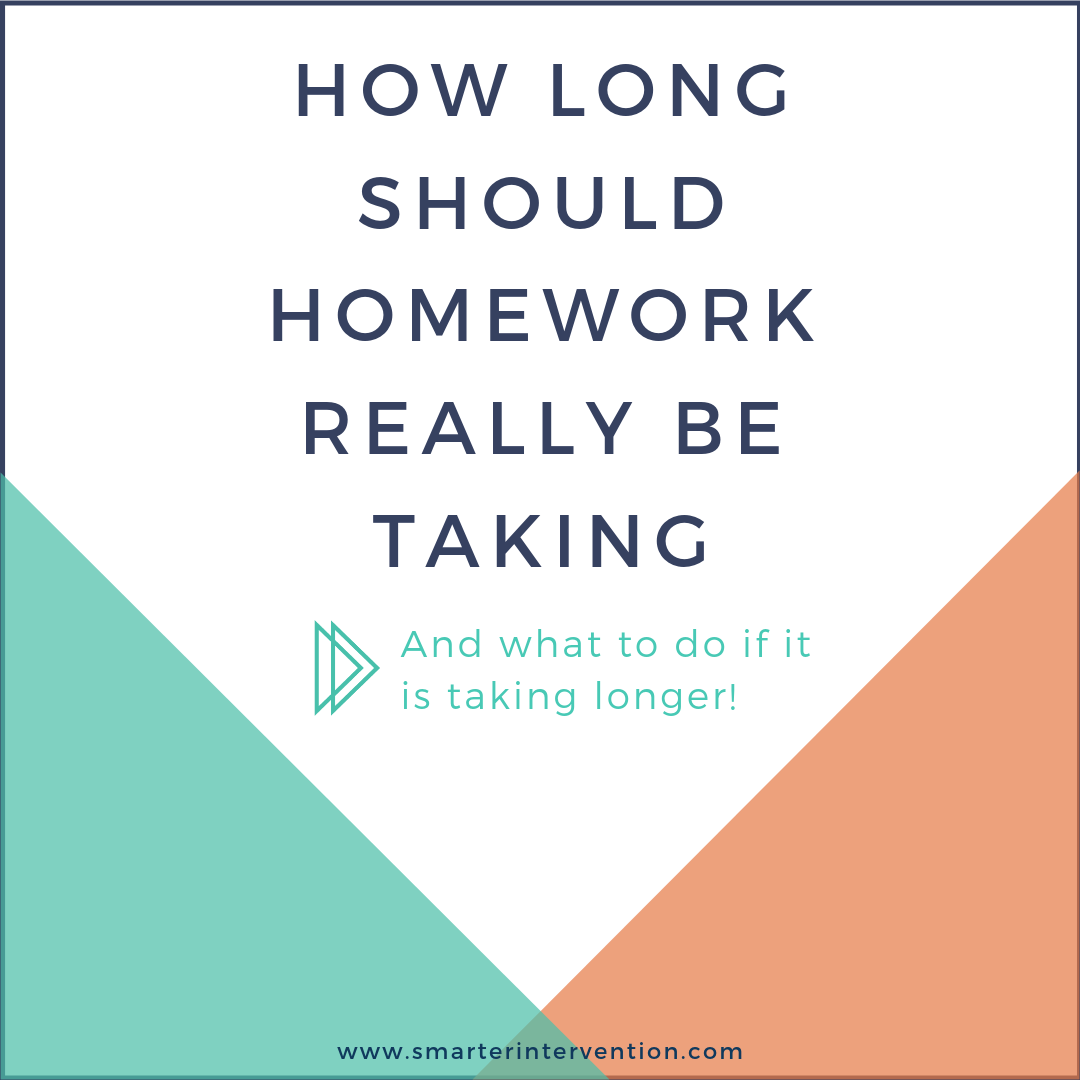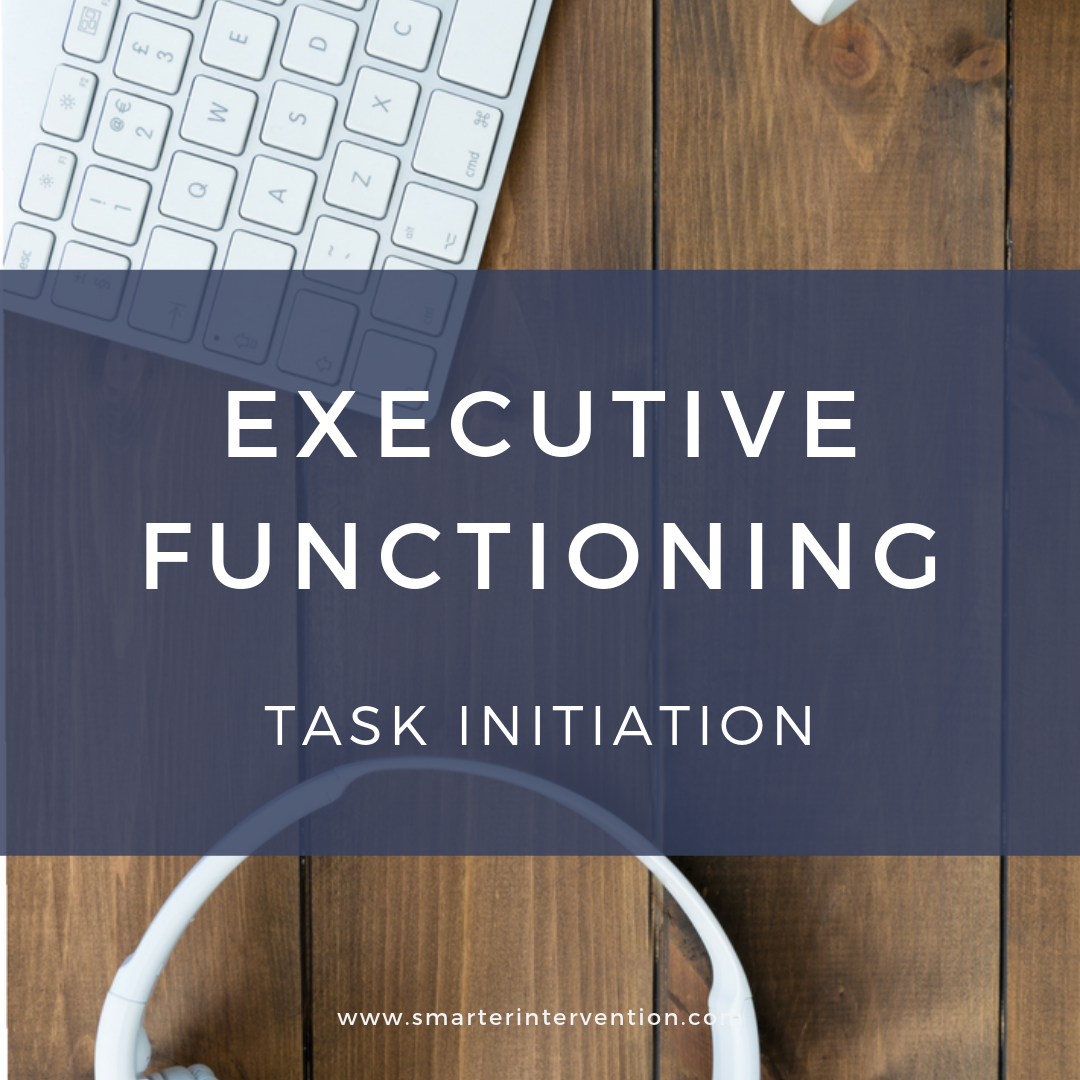Science-based literacy resources and articles
for families, educators and schools
Search by Category:
Categories
- Advocacy
- Authentic Literature
- Business
- Comprehension
- Data Tracking
- Differentiation
- Dyslexia
- Evaluation and Assessment
- Executive Functioning
- Games & Activities
- Helping My Child At Home
- How To
- IEP/504 Plan
- Lesson Planning
- Math
- Online Intervention
- Organization
- Parents
- Phonics
- Phonological Awareness
- Reading Comprehension
- Reading Fluency
- Research
- SLP
- Spelling
- Vocabulary
- Writing
3 Easy Steps to Make This School Year the Best One Yet
It's that time of year again! Time to go back to school! For some of your kids, this might be an exciting time. They are excited about new teachers and school supplies, and can't wait to see their friends again.
For other kids, this may seem like the worst time of year. They might be anxious about the amount of work they will have this year, or having a new teacher.
3 Tips to Decrease Temper Tantrums
We all know the feeling... Your child is having a melt down in the check out line at the store because they want you to buy their favorite candy bar for them. A refusal to this request can lead to screaming, crying, and maybe even a full blown tantrum. This can be embarrassing, stressful, and incredibly frustrating to deal with when there are so many people around! Many parents are probably wondering, "How can I avoid this?"
Helping Your Students Regulate Their Emotions
Discover effective strategies to support students struggling with emotional regulation in the classroom. Learn how to help them name their feelings, communicate appropriately, and regulate emotions positively. Empower your students for success!
Why You Should Hope Your Child Loses
Every single day children are presented with learning opportunities for Executive Functioning skill development, many of which go unnoticed.
This can be for a few different reasons. First, the child and parents may be focusing on something else. Many of our students struggle with learning disabilities, so the struggle to get through their
#1 Tip for Helping Your Students Time Block Their Homework
Discover the power of time blocking in education and how it can transform your students' learning experience. Learn how to help families understand appropriate homework time limits based on grade levels and identify potential academic struggles early on. Unlock valuable insights to support your students effectively!
How Long Homework Should Really Be Taking
It is not uncommon for families to come in concerned because their child's homework is taking what seems like forever to get through. Homework struggles can stem from multiple causes. It can be hard, it can be boring, or, it could be a sign of an underlying struggle for your child.
The rule we advise families to stick with is 10 minutes per grade level per night. That means if you have a second grader, he or she should be doing 20 minutes of homework each night.
How to Teach Your Students to Self-Monitor Their Attention
Empower your students with attention-monitoring skills for academic success! Discover effective strategies to help children self-monitor their attention in class and at home. Encourage lifelong learning habits and enhance focus with simple yet impactful techniques.
The Secret to a Chaos Free Morning
If you are anything like us, your mornings probably go something like this:
"MOM! MOM! I can't find my shoes!"
"They are under the table, where you left them yesterday."
"Mom! I forgot. I need you to sign these 72 papers for my class field trip today!"
"Why aren't you dressed yet? We were supposed to leave 10 minutes ago! Stop playing and go get dressed!" (10 minutes later...still not dressed).
1 Easy Way To Encourage Positive Behavior In Your Classroom
Discover how a simple schedule on the board can transform your classroom for students with Executive Functioning struggles. Learn how it fosters focus, sustains attention, and builds organizational skills. Plus, turn it into a teaching opportunity for better student engagement and success!
Is My Child Struggling With Executive Functioning?
Worried that your child is struggling with skills related to Executive Functioning? Not sure what Executive Functioning is? Looking for answers to help your child succeed? You're in the right place. Executive Functioning is a term that has gained popularity in recent years. It refers to the skills that we use every single day like planning, paying attention, following directions and emotional regulation. For more information about what Executive Functioning is, you can read our blog, "What is Executive Functioning?
A Letter to Teachers about Their "Troublemaker"
Understand the struggles of that one troublesome student in your class. Discover how Executive Functioning (EF) challenges manifest as disruptive behaviors and learn how to support students with EF difficulties. Reach out for guidance and celebrate the end of another school year!
Executive Functioning: Perseverance
I want you to take a second and think about your life. What big challenges have you faced? How did you overcome them? What goal were you trying to reach?
We all have our own struggles and challenges in life that we have to work through in order to reach the goals that we have set for ourselves. The ability to stick with something, even when challenges arise and it is tough, is called perseverance.
Executive Functioning: Flexibility
Flexibility, in terms of Executive Functioning, means to be able to deal with changes and accommodate for problems that come up. This is crucial. Out of all ten of the EF skills, one could argue that this is the one that is the most necessary to get through life. Things change, and if we cannot adapt to those changes, we cannot be successful. Here are some tips on dealing with change.
How Can I Help My Child Pay Attention? EF: Sustained Attention
Sustained attention is the ability to pay attention to something for a long period of time, even if it is a non-preferred task.
While paying attention to something that isn’t interesting to you is hard for anybody, it is especially difficult for our kids with ADHD and other attention struggles. This can affect everything from school, to work, to their social life. Here are a few tips/ tricks to practice with your child to help them build their sustained attention skills.
Executive Functioning: Self-Control
Self-control is the ability to regulate your thoughts, emotions and actions. It is something we always expect kids to have, but never explicitly teach. We may tell kids "use your inside voice" or "this is how you should sit on the carpet in the classroom" or "keep your hands to yourself," but what about in the instances where self-control is hard to practice?
Knowing What You Know and What You Don't Know - EF: Metacognition
There is nothing more frustrating than putting a ton of effort into something, and not having it go well.
I remember when I was in college I had a test coming up in a General Education Physics Class. I knew that Physics wasn’t something that came naturally to me, but I was confident in my ability to learn the material.
Executive Functioning: Working Memory
Working Memory refers to a part of our short-term memory. When information enters this part of our memory, we only have about 5 seconds to interpret it. This means that we have only seconds to process the information, and categorize it into Long-Term Memory in order to be able to remember it later.
Executive Functioning: Task Initiation
Have you ever sat down to work, and realized it took you a while to get started? Or, have you ever asked your child to do something and came back 30 minutes later and nothing you had asked for has been done? These are instances that have happened to all of us in one form or another and refer to the Executive Functioning skill, Task Initiation.



















